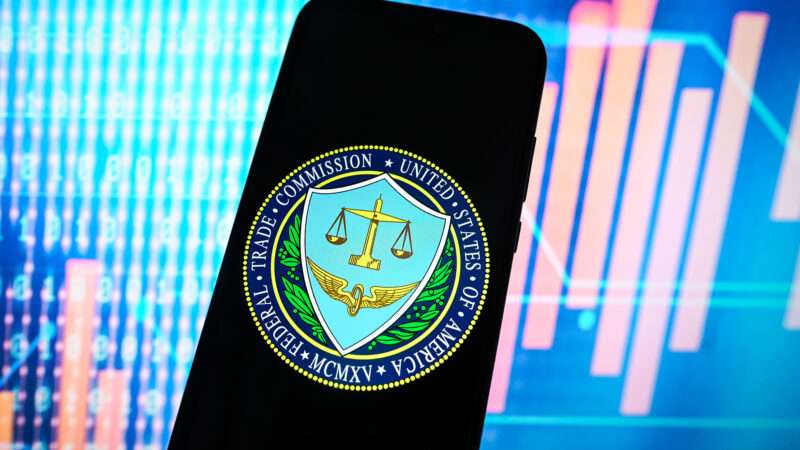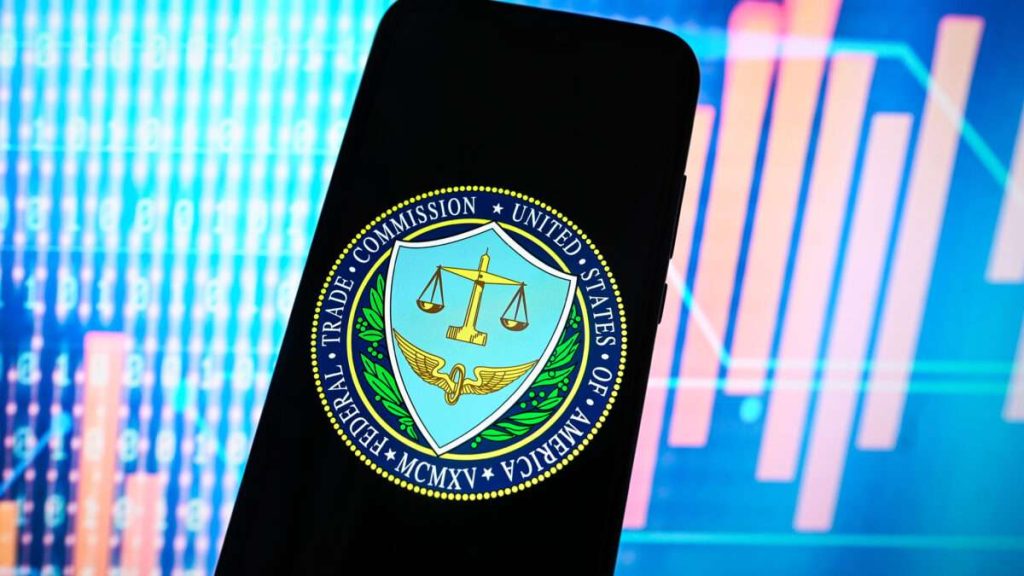
President-elect Donald Trump announced Tuesday his intention to nominate Mark Meador as a commissioner of the Federal Trade Commission (FTC). If confirmed, Meador would take over the commissioner slot currently held by FTC Chair Lina Khan, whose term expired on September 26.
Meador is an accomplished antitrust litigator, but his antagonism toward Big Tech, and bigness per se, will compromise Trump’s stated goals of maintaining America’s economic and technological dominance.
He has long opposed big business, from Google to Ticketmaster, and regards the free market as merely a means to the end of human flourishing, not as an end in and of itself. Meador’s stance on economic freedom reflects his explicitly anti-libertarian conception of freedom as “requir[ing] order and restraints upon our passions.” Achieving Meador’s vision of freedom apparently also requires restraints upon trade.
Meador helped write the Advertising Middlemen Endangering Rigorous Internet Competition Accountability (AMERICA) Act to break up Google’s ad tech stack while serving as deputy chief counsel for antitrust and competition policy to Sen. Mike Lee (R–Utah). Meador’s animus toward Big Tech was confirmed by The Heritage Foundation heralding his visiting fellowship at its Tech Policy Center as “a significant milestone in our mission to hold Big Tech accountable for its anticompetitive practices.”
If confirmed, Meador would be the de facto anti-Big Tech commissioner at the FTC. Andrew Ferguson, a current FTC Commissioner and Trump’s nominee for agency chairman, has also vocalized opposition to Big Tech. Ferguson has pledged to “end Big Tech’s vendetta against competition and free speech” while also promising to “make sure that America is the world’s technological leader,” per The New York Times. Ferguson, like Meador, fails to realize that prosecuting Big Tech for acquisitions disincentivizes innovation by removing profitable exit opportunities for startups.
Meador’s antitrust stance starkly departs from Ferguson, and fellow Republican Commissioner Melissa Holyoak, in his support of the Robinson-Patman Act (RPA) of 1936, which makes it illegal “to discriminate in price between different purchasers of commodities of like grade and quality.” Meador has accused the FTC and Department of Justice (DOJ) of neglecting their duty to execute the RPA “through a deliberate policy of non-enforcement” and encourages antitrust enforcers to bring RPA cases where “consumers are harmed by price discrimination.”
On Thursday, the FTC did just this by filing a complaint against Southern Glazer’s Wine and Spirits. Democratic Commissioner Alvaro Bedoya’s statement, joined by Chair Lina Khan and Commissioner Rebecca Slaughter, alleges the beverage distributor violated the RPA by charging smaller liquor retailers higher per-unit prices for the same beverages. However, as Holyoak’s and Ferguson’s dissents emphasize, Section 2(a) of the RPA exempts those “differentials which make only due allowance for differences in the cost of manufacture, sale, or delivery.”
The benefit of such pricing strategies, which exploit economies of scale to offer retailers and consumers bulk goods at lower per-unit prices, is evidenced by the popularity of wholesale clubs like Costco and BJ’s. Nonetheless, given Meador’s endorsement of the RPA, it’s likely that he will side with Bedoya and Slaughter to bring forth more complaints in the next administration.
If confirmed, this would not be Meador‘s first stint at the FTC. After graduating from the University of Houston Law Center in 2011, he served as an attorney with the FTC’s Bureau of Competition for five years. He was also an antitrust enforcer with the DOJ for two years before working for Sen. Mike Lee (R–Utah) from 2020 to 2023.
Meador’s antipathy toward Big Tech, his endorsement of zombie antitrust laws, and his rejection of freedom as an end in itself bodes poorly for economic dynamism and consumer choice.
The post Mark Meador’s Nomination to the Federal Trade Commission Is Bad News for Consumers appeared first on Reason.com.




